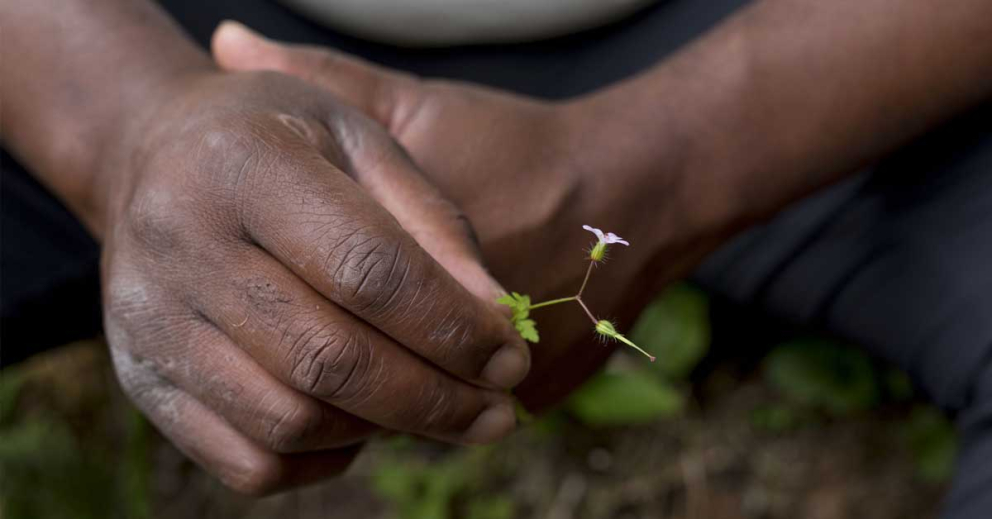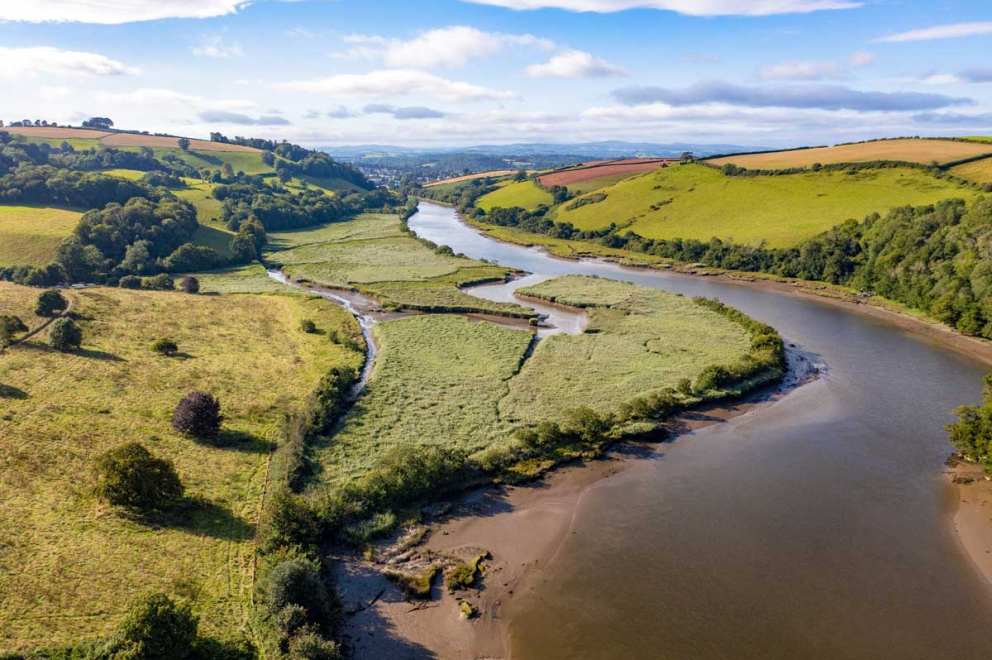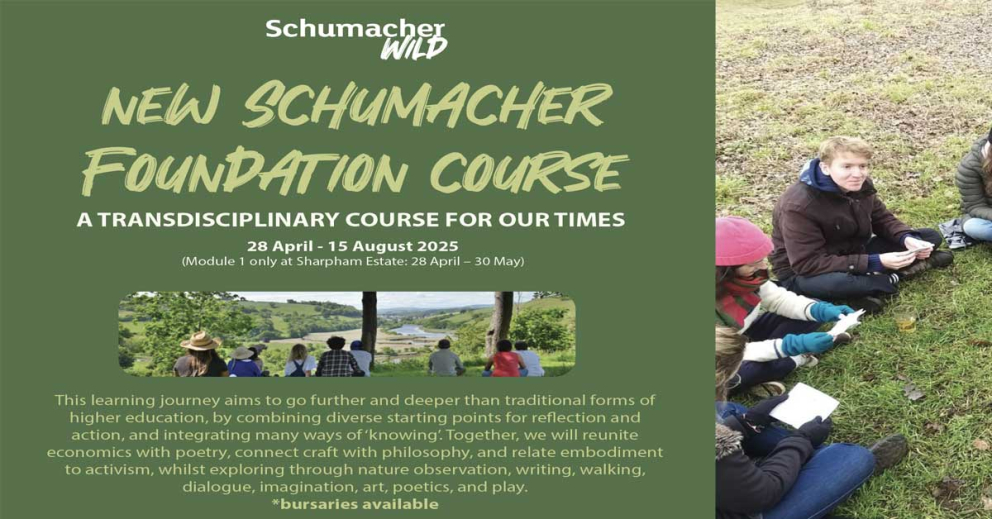
Nature is returning to farmland on The Sharpham Estate, which is now officially organic!
Thanks to funding from the National Lottery Heritage Fund, The Sharpham Trust (the charity running the estate) is working with Ambios Ltd in rewilding 50 acres of farmland and has been awarded organic certification.
Wildlife numbers are on the up and biodiversity is improving, after pesticide and fertiliser use stopped on the rewilding fields.
A new film shows the results
A film outlining the results of two years of rewilding at Sharpham has been launched. See it here:
“We’ve seen huge gains in terms of wildlife and biodiversity already,” said Trust Director Julian Carnell. “Our hopes are that this will continue and that we’ll be able to roll this out across the wider estate.”
The rewilding project is called Wild for People and it is exploring the area of rewilding that sits between nature, farming and public access.
Thanks to the National Lottery funding, there have been free and subsidised events on the Estate, helping to share the rewilding results and the benefits of a stronger connection to nature. The Sharpham Trust is in its 40th year of working to create a more mindful, sustainable and compassionate world.
“This is something that we feel is more in tune with the ethos of the Sharpham Trust,” said Julian. “We hope that the people coming to Sharpham on retreats and on courses and events will be able to see more of the biodiversity gains that we’re making and take away those positive stories and messages.”
What happened in Year 2 of our project?
- We saw more small mammals, including shrews and voles
- We saw more birds of prey, including kestrels and barn owls, hunting over the land
- We brought grazing animals onto the land, including woolly Mangalitsa pigs and Belted Galloway cows
- Dung beetles became much more prevalent, offering a food source at Sharpham for the rare Lesser Horseshoe bats and the even rarer Greater Horseshoes
- We planted new trees, erecting tree-guards to ensure their survival
- We employed a conservation ranger to work on the land and coordinate rewilding volunteers
Record numbers of species listed in Sharpham’s Bioblitz
Sharpham recently hosted a Bioblitz – a 24-hour, concentrated monitoring session where ‘citizen scientists’ from the public joined nature experts to count species on the Sharpham Estate.
Participants used nets, bat listening devices, moth traps and their eyes and ears to record the wildlife.
More than 400 different species of birds, mammals, plants and insects were recorded, many with wonderful names like:
- Sallow Kitten (moth, pictured right)
- Grey Pug (moth)
- Common Mouse Ear (plant)
- Pignut (plant)
- Fat Hen (plant)
- Common sunburst (lichen)
- Siskin (bird)
- Goat willow (tree)
- Soprano pipistrelle (bat)
Picture credit
Sallow kitten moth source: picture taken by Kurt Kulac at 2007-04-07; Licence: CC-BY-SA-2.5 and GNU FDL)
Share this story
Follow @SharphamTrust on Twitter, Facebook and Instagram and use #SharphamTrust #NoticeNature #NationalLotteryHeritageFund #ThanksToYou










